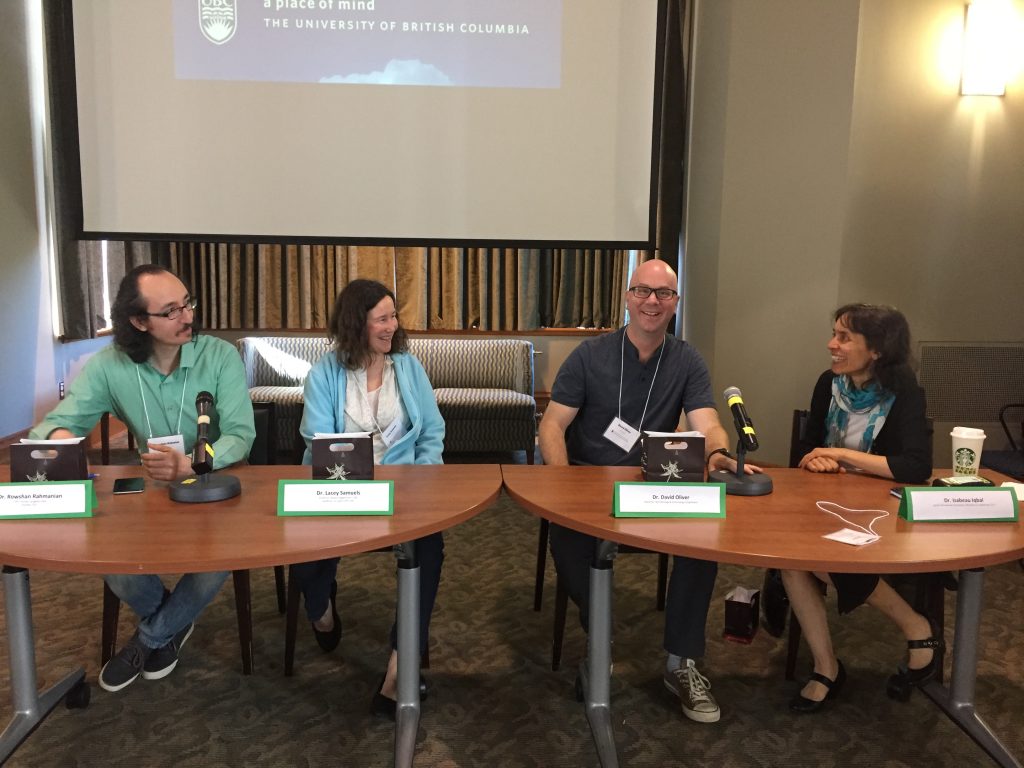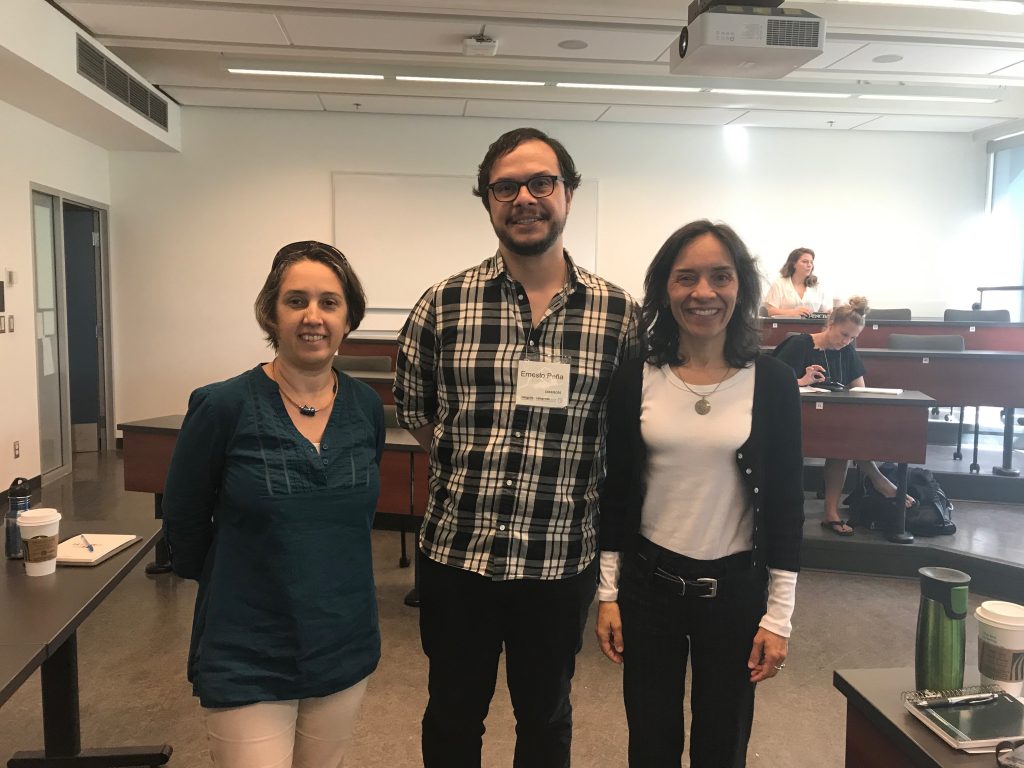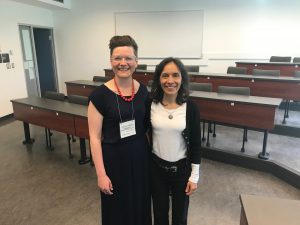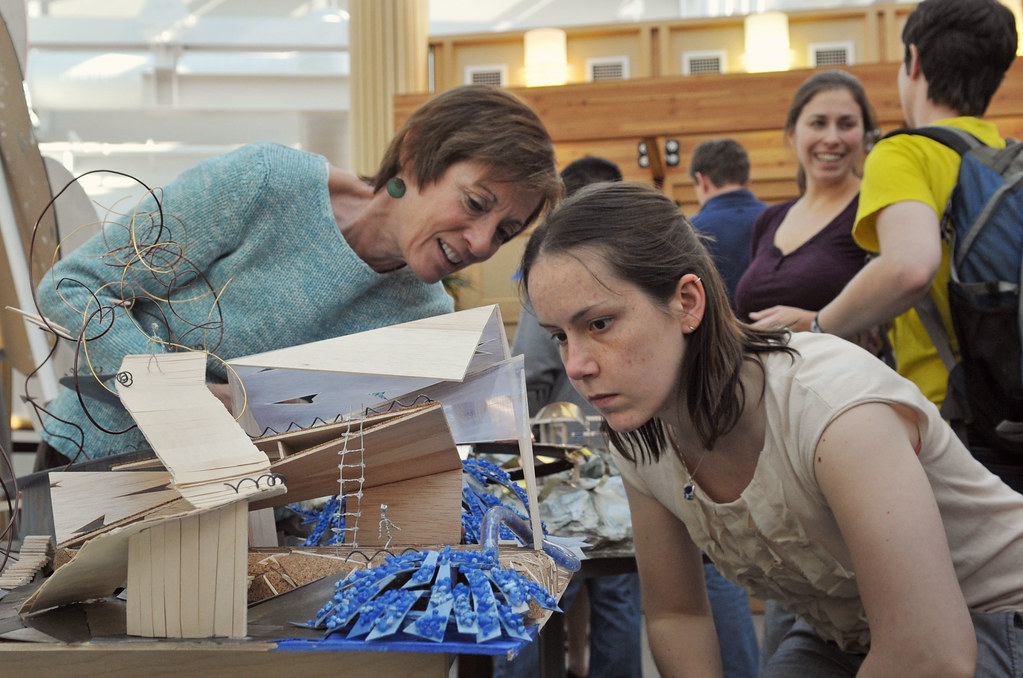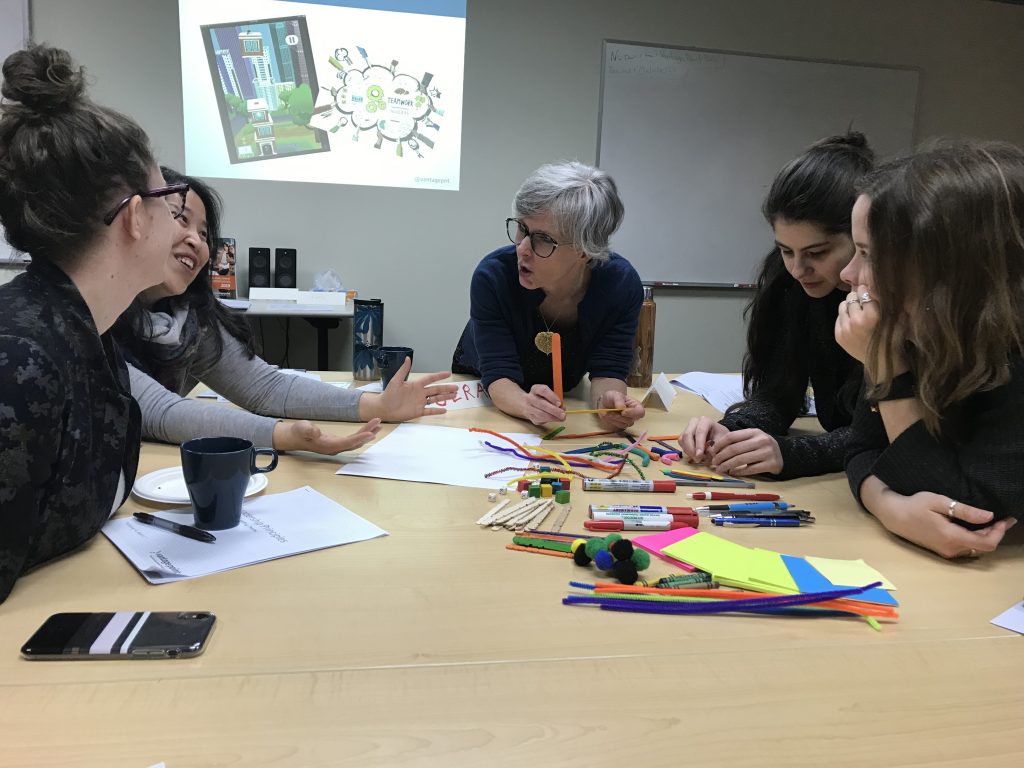When I am interacting with people who are not familiar with post-secondary environments and they learn that I work at a university, they generally assume I am a faculty member and that teaching is my main responsibility.
I am not a faculty member and have never aspired to have a tenure track faculty position, even when I undertook a PhD. Yet, the focus of my work is teaching and learning.
This spring, because of my professional path as an educational developer, I was invited to be a panelist at two different conference sessions. Both were designed for a graduate student audience. In this post, I’ve captured some of what I shared.
Graduate Students in Teaching Mini Conference 2019
The purpose of this session was to highlight different types of teaching-focussed careers in academia. Bits and pieces I shared:
- If you are attracted to a career the involves teaching, seek out opportunities to teach!
- Think broadly about teaching. Explore and consider what type of teaching brings you enjoyment. Categories may include: adults, children, classroom, formal, group, one-on-one, facilitative, content-expert, training, planning…
- Inform people that you want to do more teaching. If volunteering or doing guest lectures are options for you, let people know. Unless you do so, organizers may feel shy to invite you when they know they don’t have a budget to compensate you.
- Share which topics/areas you’re interested in teaching. If you are teaching people who are not topic specialists, make sure you can speak on the topic in a way that is relatable to others.
- Get over the belief that teaching is reserved for those with a faculty appointment! Teaching is part of so many roles and positions.
Note: The mini-conference was organized by my colleagues Drs. Shaya Golparian and Joseph Topornycky at the Centre for Teaching, Learning and Technology at the University of British Columbia. Thank you for inviting me to be part of this session! Co-panelists were Drs. Rowshan Rahmanian, Lacey Samuels and David Oliver. Conference link.
Life after your PhD: Jobs beyond the academy
The purpose of this session was to hear the career narratives of four people who had graduated with PhDs in Education and whose primary role was not a tenure-track faculty member. Bits and pieces I shared:
- Within the academy, there exists a strongly held belief that landing a faculty position is the (most) desirable outcome. Even if, intellectually, one doesn’t buy into that belief, I think it still affects the self-perception of those of us who intentionally choose not to pursue traditional faculty roles.
- Take full advantage of any institutional career support you have for your career growth.
- When seeking employment, reach out to your network.
- LinkedIn has many features that allow you to grow your network, share your expertise, and develop your brand. Learn how to use it in a way that feels good to you (and be willing to stretch and/or try things out).
- If you are lucky enough to have a supervisor who is willing to mentor you, gladly accept and enjoy this partnership in whatever ways are possible (co-publications, conferences, introductions, committees…)
Photo above: Isabeau with co-panelists Ernesto Pena and Lucia Terra (also Shaya Golparian, not in picture).
This session was organized by Dr. Christine Kampen Robinson (below) who served as LLRC 2nd VP along with Casey Burkholder under the Canadian Association of Curriculum Studies (which is part of the Canadian Society for the Study of Education). Thank you for inviting me to be part of this session!
